As a younger parent, I was perpetually annoyed hearing things like, “Once you hit 40, it all goes downhill…and fast” That’s not due to age, I thought; that’s from life’s circumstances – kids, aging parents, job shifts, and so on.
And then I got there. For months, I felt like I was losing the battle against fatigue while somehow acquiring jitters with my second cup of coffee. Then I came across an article in the medical journal Nature, which felt like a harsh yet validating slap in the face. I guess there is something to this sudden shift in aging once we hit 40s, after all…
We all know aging is unavoidable – a constant in our lives once we reach our mid-30s. But while most of us naively liken it to a slightly uphill stroll, a recent study reveals that aging sneaks in a couple of surprising hairpin turns along the way, most likely occurring in our 40s and again in our 60s.
Sure, these shifts may be biological, but there must be things we can do to ease these blows, right? Thankfully, yes…but let’s get the basics of this study down first.
Overview of the study
The study, Nonlinear Dynamics of Multi-omics Profiles During Human Aging, takes a comprehensive look at how molecular and biological processes shift over time, offering insight into how our bodies age and which factors significantly affect our long-term health, lifestyle, and nutrition during these periods.
The Stanford University research team followed 108 California residents between the ages of 25 and 75 over an average period of 2 years. They collected massive amounts of “multi-omics” data – large sets of biological information to measure molecular activity in the body.
This comprehensive series of tests does more than just track blood pressure or glucose levels; it captures hundreds of various body functions for an individual, all at the molecular level. Multi-omics data for this study included the following lab tests:
- Genomics: genes, or DNA; essentially the body’s instruction manual
- Transcriptomics: RNA, shows which genes are “turned on” or active
- Proteomics: proteins that carry out most of the body’s functions, including cytokine activity
- Metabolomics: metabolites, or the small molecules made when your body breaks down food, drugs, or its own tissues
- Lipidomics: fats and fatty molecules that play key roles in energy and cell structure
- Microbiomics: microbes living in and on you that affect digestion, immunity, and mood
Rather than the collected data showing linear molecular changes over time, researchers found the opposite: most of the changes are non-linear.
In fact, only about 7% of all molecular activity studied behaved linearly with age, whereas about 80% of molecular behavior revealed far more complex, non-linear patterns.
What does “non-linear” really mean here?
This study suggests our body’s molecular and functional “engine” doesn’t slow down gradually; it hits two major inflection points. These two major “waves” are represented in the data as significant periods of molecular disruption, occurring around ages 44 and 60.
The multi-omics data indicates that each wave is unique regarding specific changes occurring in our bodies:
Around age 44:
- Molecular activity: significant molecular disruptions occur in lipid metabolism, alcohol metabolism, caffeine metabolism, and cardiovascular/lipid markers
- Observations: marked decreases in metabolism, energy, and cardiovascular health indicate extra attention needed at this stage
The takeaway: Your body can’t break down fats for energy or metabolize alcohol or caffeine as well. In addition, exercise more frequently to keep your heart healthy.
Around age 60:
- Molecular activity: significant shifts occur in immune regulation, carbohydrate and fat metabolism, kidney function, tissue and organ structural stability
- Observations: the body’s immune system begins to change, blood sugar control can become trickier, and tissues such as muscle and skin may lose resilience
The takeaway: Be kind to your body and diversify your microbiome during this phase, as your immune system and metabolism aren’t as efficient. Also, your kidneys and other organs are less resilient, so stay hydrated all day long.
How did researchers detect these shifts?
Scientists wanted to see how different molecules and microbes in the body shift as we age, so they used a computer algorithm called DEswan, which is like sliding a magnifying glass along the subjects’ molecular timeline. This helped them distribute people into similar age groups to spot where big shifts happened in the body’s chemistry and microbiome from one age group to the next.
 When they looked at all the compiled data, that’s when they discovered these molecular changes coming in distinct waves.
When they looked at all the compiled data, that’s when they discovered these molecular changes coming in distinct waves.
And these waves correspond with age-related illnesses, like the accelerated risk of cardiovascular disease, type 2 diabetes, and kidney disease during these inflection periods.
Though this study has been peer-reviewed, the researchers note some limitations that may not align with the broader population.
They note the relatively small cohort of 108 subjects, all aged 75 or younger and residing in California. Also, data collection was limited to about two years, whereas most aging studies are longitudinal, providing multiple years of data to mine for more concrete findings.
What can be done to slow down aging?
We often turn to social media feeds and other news sources to provide us with health and wellness solutions, especially when we see excerpts from well-known anti-aging professionals. These experts often include Dr. Peter Attia and his recent book, Outlive; Dr. Rhoda Patrick’s research on inflammation and aging; and Dr. Andrew Huberman’s conversations with fellow longevity experts, like biologist David Sinclair.
But what have studies shown us about slowing down our biological age? While more research is being conducted on the molecular indications of humans’ biological aging, here are a few studies that have shown promise in slowing down its process via our lifestyle choices, with technology potentially playing a role further down the pipeline, too.
A recent study with older adults revealed the surprising impact just three things can have on aging. Subjects who took omega-3 fatty acids and vitamin D and exercised regularly experienced a measurable slowing of biological aging, or about 3.5 months [ls3] [HK4] over three years, according to the researchers’ epigenetic clock measurements.
A meta-analysis on calorie-restricted eating studies shows that reducing caloric intake by 25% can slow our biomarkers of aging, leading to a reduction in future mortality risk. Intermittent fasting yields similar results, as well.
And ongoing research into epigenetics continues to reveal all the small ways our lifestyle and everyday behaviors can affect how our genes are expressed, including how we biologically age. Our DNA is affected by everything we experience – from the chemicals released from activity, during periods of stress, foods and drinks we consume, the quality of our sleep, and so on. So while we inherit our genes, it’s our lifestyle that helps turn them on or off.
Novel therapies in biotechnology may further slow down aging in the coming years. Recently, scientists have found that senescent cells – aged cells no longer functioning properly – can be cleared by drugs or supplements called senolytics, which helps preserve tissue integrity and reduce inflammation. And clinical trials investigating epigenetic reprogramming have found that some cells can be “reset” to help regenerate tissues and repair damage.
While we may not “stop” aging altogether, we’re gaining tools to shift the pace and perhaps extend the period of life spent in good health. But the insight from current research is actionable: aging biology is dynamic, and our behaviors can interact with that.
Tips for planning long-term health
There’s a lot of heavy information here – I know. But keep in mind that these “waves” should be used as gentle reminders for our intervention, rather than ticking time bombs.
So try to replace any doomscrolling with these helpful tips instead:
- Follow a gut-healthy diet
- The food-microbiome link is especially important to temper these molecular disruptions affecting metabolite, lipid, and protein functioning.
- A diet rich in fiber, diverse plants, lean proteins, and fermented foods can influence multiple aging pathways.

- It’s never too late to adopt a “longevity-friendly” lifestyle
- Consider adopting a healthier approach to your eating habits, such as adhering to the Mediterranean diet and/or trying intermittent fasting
- If you’re on the younger side, your 30s and 40s are an ideal time to build strength in metabolic flexibility by increasing muscle mass, cardiovascular resilience, and decreasing consumption of saturated fats, alcohol, and caffeine
- As you move into your 50s and beyond, focus on resistance training and light to moderate exercise several times a week, and consume immune-supporting fruits and veggies, lean proteins, kidney-friendly hydration, and anti‐inflammatory add-ins
- Don’t forget these crucial habits, too:
- Exercise, sleep quality, stress management, activity level, and daily habits all feed into the molecular systems that the study highlights, like our immune system, metabolism, and tissue integrity
- Limit consumption of alcohol, highly processed meats, sodas, and other products with excessive added sugars, as these can increase molecular disruption




 76 adults with low vitamin D consume tomato soup daily for three weeks, each serving made from tomatoes edited to accumulate provitamin D3, which converts in the body to vitamin D3.
76 adults with low vitamin D consume tomato soup daily for three weeks, each serving made from tomatoes edited to accumulate provitamin D3, which converts in the body to vitamin D3.

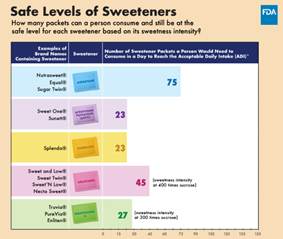
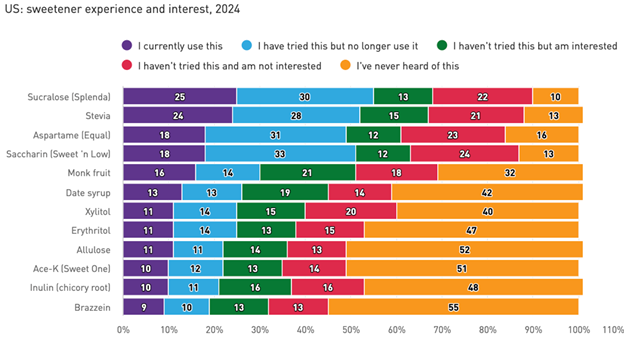
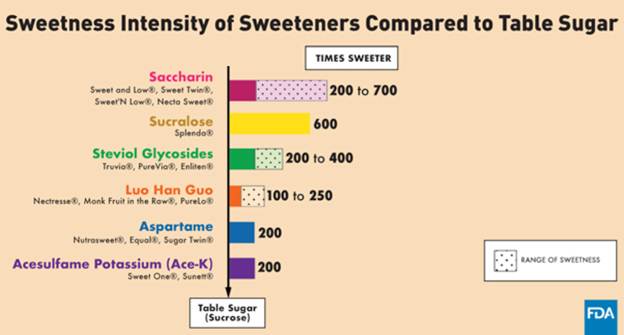

 While still true, these guidelines often fail to capture the complexity of human biology—and the individuality of how we metabolize food.
While still true, these guidelines often fail to capture the complexity of human biology—and the individuality of how we metabolize food.
 Emerging platforms
Emerging platforms 
 Samsung Food’s Vision AI easily scanned items in my fridge, sometimes correctly identifying even partially used produce, and generated recipes that incorporated what I already had on hand. It wasn’t perfect (a few mystery leftovers stumped it), but the suggestions often saved me from another night of takeout.
Samsung Food’s Vision AI easily scanned items in my fridge, sometimes correctly identifying even partially used produce, and generated recipes that incorporated what I already had on hand. It wasn’t perfect (a few mystery leftovers stumped it), but the suggestions often saved me from another night of takeout.


















 Fine particles, smaller than 2.5 microns, can penetrate deep into the lungs and potentially enter the bloodstream, causing low-grade inflammation and oxidative stress. These processes are thought to aggravate or even drive chronic diseases.
Fine particles, smaller than 2.5 microns, can penetrate deep into the lungs and potentially enter the bloodstream, causing low-grade inflammation and oxidative stress. These processes are thought to aggravate or even drive chronic diseases.
 A study by the
A study by the 










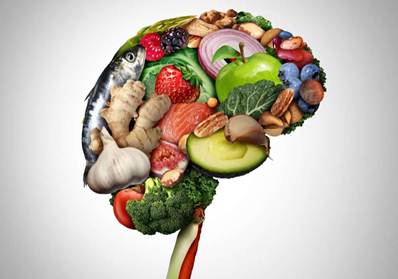


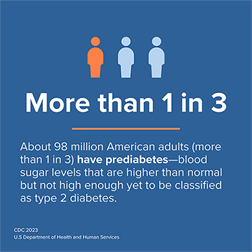 But many of us may be accidentally sending our hormones the wrong instructions. According to the
But many of us may be accidentally sending our hormones the wrong instructions. According to the  Produced by the pancreas, it responds to carbohydrates by clearing sugar from the blood and directing it to be stored or used for energy.
Produced by the pancreas, it responds to carbohydrates by clearing sugar from the blood and directing it to be stored or used for energy.

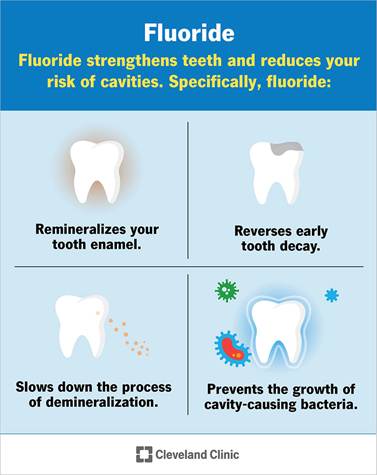 “
“



 Advocates claim it reduces inflammation, improves mental clarity, and helps manage glucose levels, and promotes weight loss. However, the reported benefits of this diet are more anecdotal than clinical. In fact, multiple studies cite the dangers of this diet, including
Advocates claim it reduces inflammation, improves mental clarity, and helps manage glucose levels, and promotes weight loss. However, the reported benefits of this diet are more anecdotal than clinical. In fact, multiple studies cite the dangers of this diet, including 
 For instance, high consumption of saturated fats like beef tallow – which
For instance, high consumption of saturated fats like beef tallow – which  Yes, ACV can slightly
Yes, ACV can slightly  Experts generally agree that most people, especially women and older adults,
Experts generally agree that most people, especially women and older adults, 



 During the 2022 E. coli outbreak in leafy greens,
During the 2022 E. coli outbreak in leafy greens, 


 This allows agencies to prioritize inspections based on actual risk, not just routine schedules.
This allows agencies to prioritize inspections based on actual risk, not just routine schedules.

 General Mills has teamed up with
General Mills has teamed up with 

 This isn’t just about cooking with oil. It’s part of a broader philosophical divide. As institutional trust declines, many are turning to tradition and nature for guidance—assuming, sometimes wrongly, that these values offer more than modern science.
This isn’t just about cooking with oil. It’s part of a broader philosophical divide. As institutional trust declines, many are turning to tradition and nature for guidance—assuming, sometimes wrongly, that these values offer more than modern science.



 The Thin Mint headlines may be new, but glyphosate conversations are years old.
The Thin Mint headlines may be new, but glyphosate conversations are years old. Both the
Both the  It’s also important to rinse all
It’s also important to rinse all 
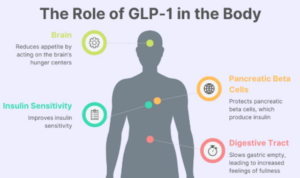
 Brands like
Brands like 
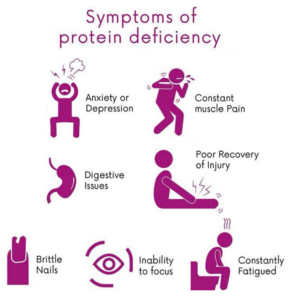

 It doesn’t just kill weeds; it kills anything green, including farm crops such as corn, soybeans, cotton, canola, sugar beets, and alfalfa. These crops have all been genetically modified so that the farmer can spray glyphosate after the crop emerges from the ground and kill the weeds, but not the crop.
It doesn’t just kill weeds; it kills anything green, including farm crops such as corn, soybeans, cotton, canola, sugar beets, and alfalfa. These crops have all been genetically modified so that the farmer can spray glyphosate after the crop emerges from the ground and kill the weeds, but not the crop.

 While there were different views on its effect on soil health, all agreed that it is the least toxic of the herbicides on the market.
While there were different views on its effect on soil health, all agreed that it is the least toxic of the herbicides on the market.
 One farmer invented
One farmer invented 




 The FDA’s decision to act on Red Dye No. 3 after decades of inaction may signal a shift towards more proactive regulation of food additives.
The FDA’s decision to act on Red Dye No. 3 after decades of inaction may signal a shift towards more proactive regulation of food additives. There are many substitutes for Red Dye No. 3, such as beet juice, purple sweet potato extract, red cabbage extract, carmine, and pomegranate juice. These natural substitutes align with growing consumer preferences for clean-label ingredients. After all, many of us would rather consume pomegranate juice in Jell-o than red dye.
There are many substitutes for Red Dye No. 3, such as beet juice, purple sweet potato extract, red cabbage extract, carmine, and pomegranate juice. These natural substitutes align with growing consumer preferences for clean-label ingredients. After all, many of us would rather consume pomegranate juice in Jell-o than red dye.




 Peter Attia, MD, who wrote Outlive: The Science and Art of Longevity, points to VO2 max as the best predictor of longevity.
Peter Attia, MD, who wrote Outlive: The Science and Art of Longevity, points to VO2 max as the best predictor of longevity.

 Hanging from a bar measures your grip strength, which measures your overall muscle ratio – a good indicator of overall fitness.
Hanging from a bar measures your grip strength, which measures your overall muscle ratio – a good indicator of overall fitness.


 Spinach:
Spinach: 


 Sustainability is no longer a buzzword but a mandate.
Sustainability is no longer a buzzword but a mandate. 



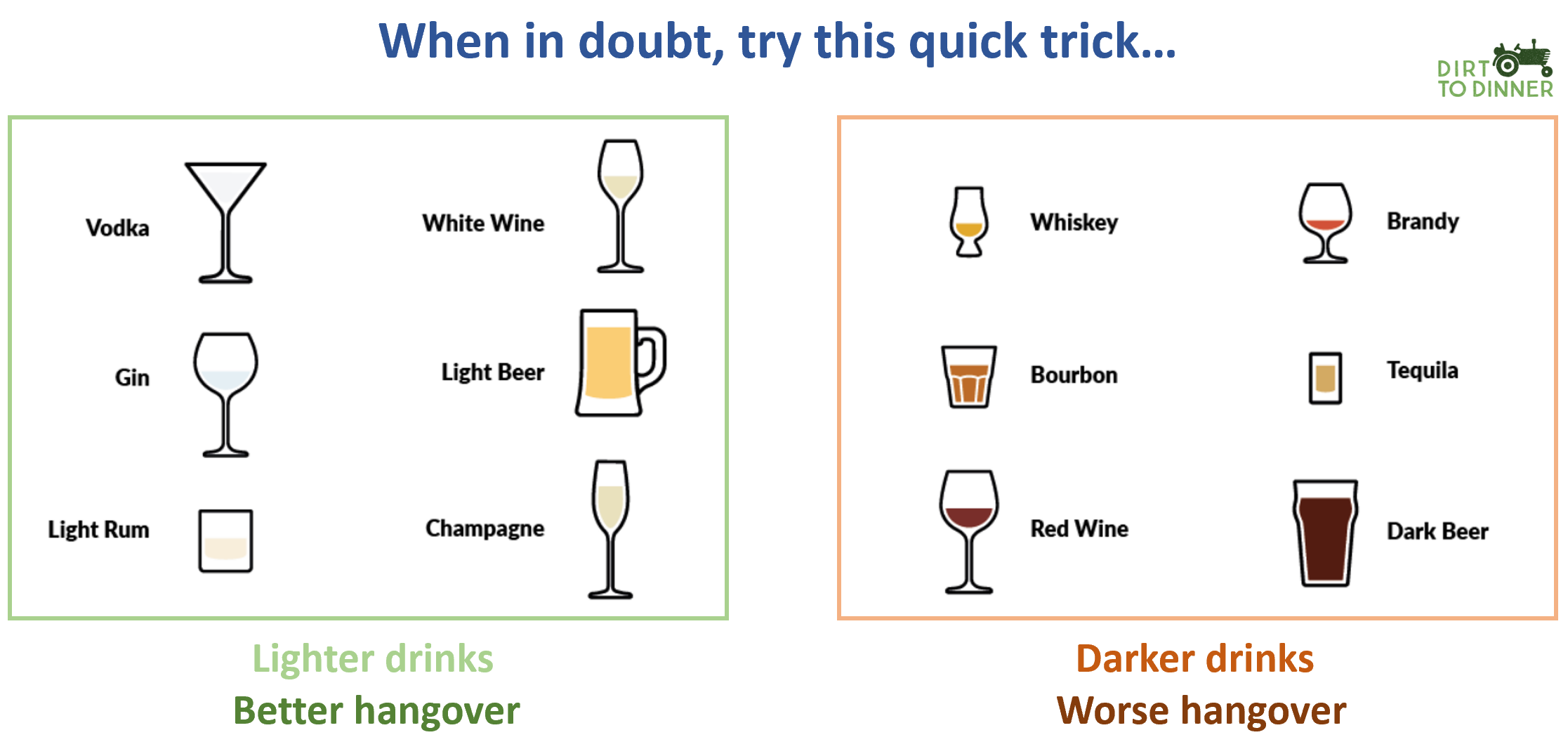
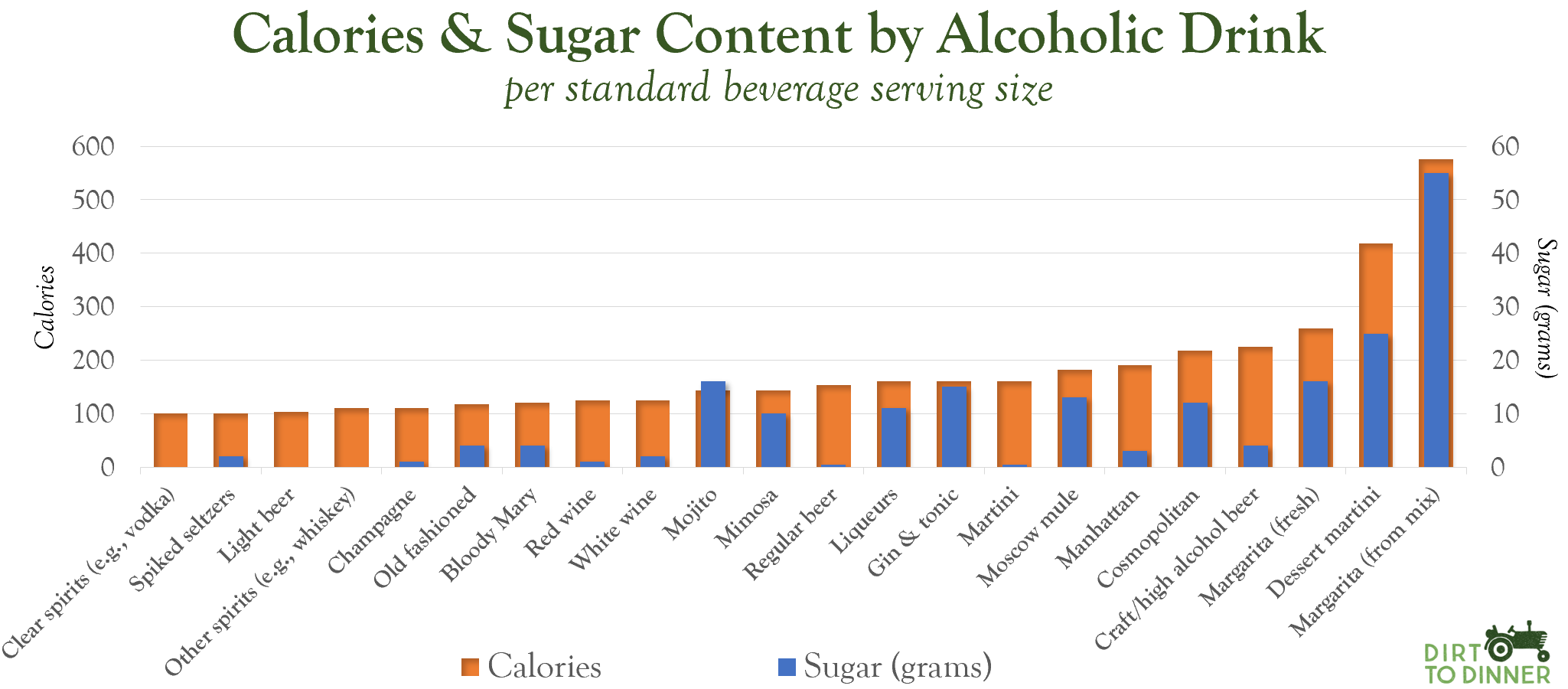




 This vitamin is essential for a healthy body, as it helps develop red blood cells,
This vitamin is essential for a healthy body, as it helps develop red blood cells,











 All-natural
All-natural 








 While protein can help you feel full and satisfied, consuming more protein than your body needs doesn’t magically become muscle…
While protein can help you feel full and satisfied, consuming more protein than your body needs doesn’t magically become muscle…







 They’re found in almost every culture and cuisine. Historians
They’re found in almost every culture and cuisine. Historians 





























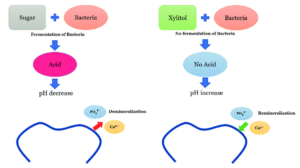 Dental benefits
Dental benefits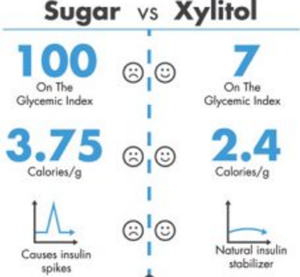 Glycemic control
Glycemic control
























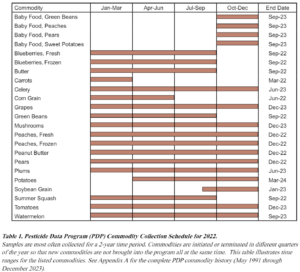








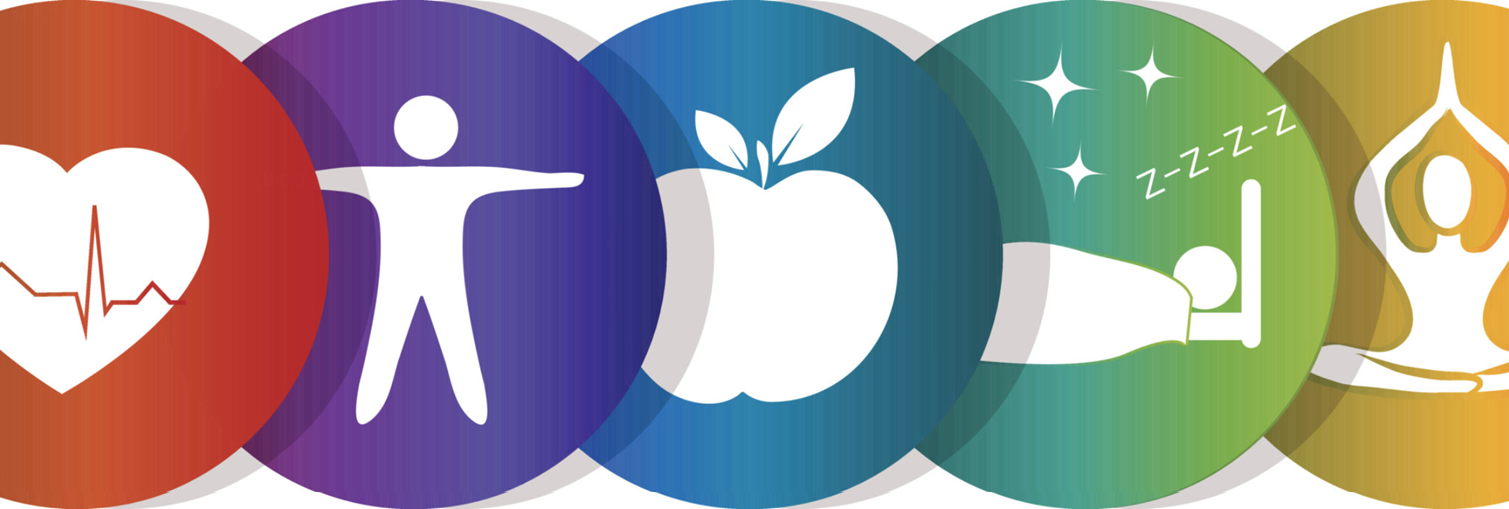
 For heart health, it champions the consumption of
For heart health, it champions the consumption of  It is not that those ingredients are bad for you, but you want to look for foods that have more healthy nutritious ingredients that add value to your body. The report also points to a burgeoning interest in traditional and
It is not that those ingredients are bad for you, but you want to look for foods that have more healthy nutritious ingredients that add value to your body. The report also points to a burgeoning interest in traditional and 








































 Let’s briefly examine just some of the ways the Belief Effect impacts overall health.
Let’s briefly examine just some of the ways the Belief Effect impacts overall health.










 Good news for you, most people already consume more than double the recommended amount, typically 900-1000 milligrams daily as part of their regular diets. Some tryptophan-dense foods are cod, spirulina, nuts and seeds, and legumes.
Good news for you, most people already consume more than double the recommended amount, typically 900-1000 milligrams daily as part of their regular diets. Some tryptophan-dense foods are cod, spirulina, nuts and seeds, and legumes. Not sure how to tell the difference between a complex carb and a simple carb? Here’s a good trick: most whole, unprocessed foods contain complex carbs. Avoid processed foods and “white” foods, which are mostly comprised of simple carbs.
Not sure how to tell the difference between a complex carb and a simple carb? Here’s a good trick: most whole, unprocessed foods contain complex carbs. Avoid processed foods and “white” foods, which are mostly comprised of simple carbs.























 But should you really be afraid of these “Dirty Dozen” items?
But should you really be afraid of these “Dirty Dozen” items?


 It has been shown to inhibit the release of histamine from immune cells, such as mast cells and basophils, which may help reduce
It has been shown to inhibit the release of histamine from immune cells, such as mast cells and basophils, which may help reduce  Bromelain is a mixture of enzymes found in pineapple stems. Yes, pineapple stems. Really the only way to naturally get bromelain is through fresh pineapple juice. However, bromelain supplements can provide concentrated doses of the enzyme.
Bromelain is a mixture of enzymes found in pineapple stems. Yes, pineapple stems. Really the only way to naturally get bromelain is through fresh pineapple juice. However, bromelain supplements can provide concentrated doses of the enzyme. Citrus fruits are dense in potent
Citrus fruits are dense in potent  While omega 3s can
While omega 3s can 

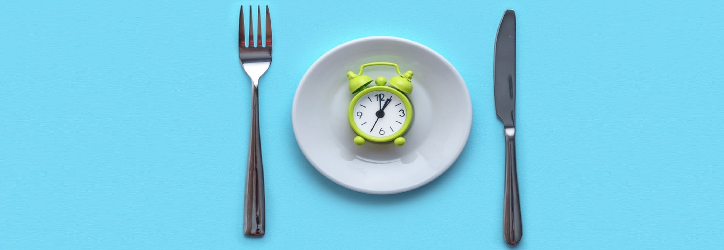










 Remember that the grams listed next to the nutritional fact are per serving size. Furthermore, the percentage to the right details what percentage of the recommended daily value (DV) each serving size contains.
Remember that the grams listed next to the nutritional fact are per serving size. Furthermore, the percentage to the right details what percentage of the recommended daily value (DV) each serving size contains.




















 Probably the most common source we hear about for heavy metals in everyday foods is mercury in larger fish, like swordfish, shark, and the ever-popular tuna.
Probably the most common source we hear about for heavy metals in everyday foods is mercury in larger fish, like swordfish, shark, and the ever-popular tuna.








 While the label is currently voluntary, many national health authorities have adopted it, including France, Belgium, Spain, Germany, Switzerland, the Netherlands, and most recently, Luxembourg.
While the label is currently voluntary, many national health authorities have adopted it, including France, Belgium, Spain, Germany, Switzerland, the Netherlands, and most recently, Luxembourg.









 What happened? After seriously overthinking this, basically, we were…fine. We had plenty of energy to work out, we were not tired and while we were hungry, we weren’t “hangry”, so the entire five-day period was only modestly unpleasant. Although, I was very excited to eat a ‘real meal’ on day six!
What happened? After seriously overthinking this, basically, we were…fine. We had plenty of energy to work out, we were not tired and while we were hungry, we weren’t “hangry”, so the entire five-day period was only modestly unpleasant. Although, I was very excited to eat a ‘real meal’ on day six!




 If you’re still unsure which bar to eat, here are a few options that have at least 5 grams each of fiber, protein, and unsaturated fats, as well as very little added sugar.
If you’re still unsure which bar to eat, here are a few options that have at least 5 grams each of fiber, protein, and unsaturated fats, as well as very little added sugar. 

 Rather than thinking of being wrong as a sign of stupidity or ignorance, we should see it as a sign of curiosity, openness to new information, and, ultimately, intelligence. In an increasingly complicated world, the willingness to revise our views is more critical than ever.
Rather than thinking of being wrong as a sign of stupidity or ignorance, we should see it as a sign of curiosity, openness to new information, and, ultimately, intelligence. In an increasingly complicated world, the willingness to revise our views is more critical than ever.






 In simple terms, it’s a diet rich in protein and low in carbohydrates. Meat and seafood, certainly, but also a lot of nuts, fruits, vegetables, and even eggs, I suppose.
In simple terms, it’s a diet rich in protein and low in carbohydrates. Meat and seafood, certainly, but also a lot of nuts, fruits, vegetables, and even eggs, I suppose. But I also have incisors that do more than make me look like an adolescent or excessively-aged Dracula. They are there to tear and rip things like meat.
But I also have incisors that do more than make me look like an adolescent or excessively-aged Dracula. They are there to tear and rip things like meat. And don’t forget something else my body tells me. Diet and exercise go hand in hand. It’s remarkable how much better I feel when I’m physically active, and especially so when I have the discipline to combine intellect and physicality with appetite in reasonable balance. I bet our culinary caveman also spent a good deal of time running – either chasing down food or trying not to become food. There’s a valuable lesson there, I suspect.
And don’t forget something else my body tells me. Diet and exercise go hand in hand. It’s remarkable how much better I feel when I’m physically active, and especially so when I have the discipline to combine intellect and physicality with appetite in reasonable balance. I bet our culinary caveman also spent a good deal of time running – either chasing down food or trying not to become food. There’s a valuable lesson there, I suspect. As usual, the academic community quibbles over the exact percentage with the fervor of a religious zealot. But I’m prepared to accept the general principle that a caveman diet entails a good deal less meat than my insatiable youthful cravings for bacon cheeseburgers, wings, and corn dogs.
As usual, the academic community quibbles over the exact percentage with the fervor of a religious zealot. But I’m prepared to accept the general principle that a caveman diet entails a good deal less meat than my insatiable youthful cravings for bacon cheeseburgers, wings, and corn dogs. If my brain and the rest of my body all work together on this thing we call diet and health, we might just be on to something important here. In the absence of absolute truth, perhaps a reasonable approach might rest in simple moderation. If you can find the science or authority figure you need to give you complete certainty in any single dietary approach, then by all means go for it (and share it with us for that matter!). But until you find that certainty, balance what all parts of your body are telling you with simple moderation.
If my brain and the rest of my body all work together on this thing we call diet and health, we might just be on to something important here. In the absence of absolute truth, perhaps a reasonable approach might rest in simple moderation. If you can find the science or authority figure you need to give you complete certainty in any single dietary approach, then by all means go for it (and share it with us for that matter!). But until you find that certainty, balance what all parts of your body are telling you with simple moderation.


 What
What 




 Brown fat? What in the world is brown fat? I thought all fat was a sort of a whiteish/yellow and something you wanted to have as little of as possible? As I dove deeper into my studies, I found that brown fat not only serves a critical purpose for infants, but plays a role in the long-term health of adults. And there are even certain foods we can eat to increase our brown fat.
Brown fat? What in the world is brown fat? I thought all fat was a sort of a whiteish/yellow and something you wanted to have as little of as possible? As I dove deeper into my studies, I found that brown fat not only serves a critical purpose for infants, but plays a role in the long-term health of adults. And there are even certain foods we can eat to increase our brown fat.



 Many of the people online who influence our diets and the foods we eat are not nutritionists or doctors. Social media platforms, especially Instagram and Tik Tok, are dominated by celebrity influencers or just attractive people who steer others toward specific trends, foods, clothes, and more.
Many of the people online who influence our diets and the foods we eat are not nutritionists or doctors. Social media platforms, especially Instagram and Tik Tok, are dominated by celebrity influencers or just attractive people who steer others toward specific trends, foods, clothes, and more.

 In supplement form, chlorophyll is sold as a liquid that can be added to water, as a powder, as vitamins, and as Chlorophyll Water, a drink also containing vitamins A, B12, C, and D. It’s sold at most stores that sell supplements and also online.
In supplement form, chlorophyll is sold as a liquid that can be added to water, as a powder, as vitamins, and as Chlorophyll Water, a drink also containing vitamins A, B12, C, and D. It’s sold at most stores that sell supplements and also online.







 So for me, an educated eater, if I felt my sweet tooth coming, I indulge in a piece of
So for me, an educated eater, if I felt my sweet tooth coming, I indulge in a piece of 



 What did Wallerstein do? He made everything bigger. Much to his excitement, sales of popcorn and Coca-Cola shot up. After his movie theater success, Wallerstein went on to work for McDonald’s, where Ray Kroc, McDonald’s CEO, came around to the “supersize” concept in 1972.
What did Wallerstein do? He made everything bigger. Much to his excitement, sales of popcorn and Coca-Cola shot up. After his movie theater success, Wallerstein went on to work for McDonald’s, where Ray Kroc, McDonald’s CEO, came around to the “supersize” concept in 1972. When I look back at pictures of the 1960s, everyone looks thin and fit. Yet, as a society, we know more about health, wellness, and food than ever. We know that sugar is bad for us. We know to eat healthy fats with omega-3s and limit processed saturated fats, like sausage and bacon. We even have the FDA-mandated Nutrition Labeling and Education Act.
When I look back at pictures of the 1960s, everyone looks thin and fit. Yet, as a society, we know more about health, wellness, and food than ever. We know that sugar is bad for us. We know to eat healthy fats with omega-3s and limit processed saturated fats, like sausage and bacon. We even have the FDA-mandated Nutrition Labeling and Education Act.  Luckily, I can take comfort knowing that I am not alone, and we have to engage our brain and our stomach when we encounter social media, restaurants, or even our local grocery store. But Bobo also points out that a healthy life is not just looking at food in isolation. He cites
Luckily, I can take comfort knowing that I am not alone, and we have to engage our brain and our stomach when we encounter social media, restaurants, or even our local grocery store. But Bobo also points out that a healthy life is not just looking at food in isolation. He cites 







 Blue Zones, in partnership with Healthways, created what is called the Blue Zones Project which has set out to bring the Power 9 longevity principles to entire communities. To focus on changing environments, and creating long-term sustainable change for future generations.
Blue Zones, in partnership with Healthways, created what is called the Blue Zones Project which has set out to bring the Power 9 longevity principles to entire communities. To focus on changing environments, and creating long-term sustainable change for future generations.